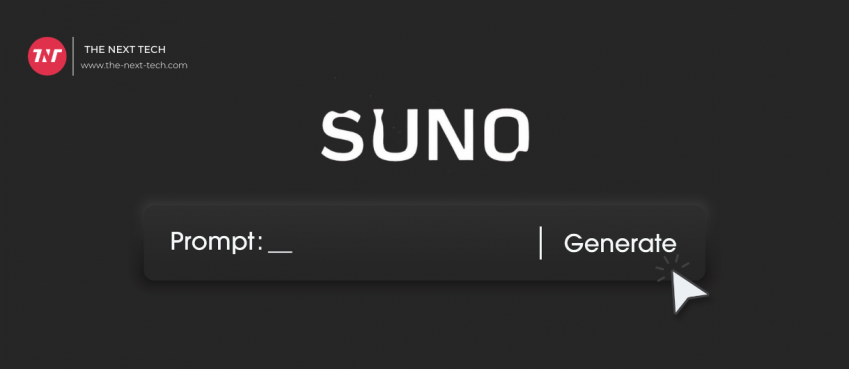
With tons of chores competing for your attention, keeping a school-life balance may prove a daunting task. Often, students prioritize work and study at the expense of their health.
While you may initially get away with this neglect, your cognitive performance gradually declines, resulting in poor performance. As such, it is crucial to strike a balance between your chores to make the most of your commitments.
Read on for tips to balance your work and school life while promoting your mental and physical wellbeing. When working with tight schedules, you may opt to buy a persuasive essay, thus relieving some pressure while ensuring proper performance in various fields.
Working, Studying & Being Healthy. How to Balance it?
Have a schedule
A schedule should serve as a map for navigating your daily chores. When working with a program, you can keep track of urgent assignments, thus avoiding last-minute tasks.
Even better, a schedule ensures that you give yourself breaks between chores. These breaks help your brain focus on various activities, thus ensuring that you make the most of each session. This promotes better attention and retention, promoting more achievement in your studies.
For optimal time-management, maintain weekly updates to your schedule to manage urgent priorities and gauge your achievements in the former week.
When scheduling, keep in mind your productive sessions and establish the time you can commit to your work. You should also analyze your to-do list to determine the tasks that you can delegate.
Leveraging on other people’s skills ensures that you achieve more within a limited duration without risking mental burnout. However, ensure that you assign more time to personal study to gain a solid understanding of the concepts encountered during your lectures.
Also read: Best AI Gift Ideas Tools & Software To Try In 2024
Keep your health in check
Time is a limited resource that many students struggle to manage. Students deprive themselves of a healthy lifestyle to sustain a balance between their life and study.
For instance, students may opt to extend their chores to ungodly hours and forfeit a balanced diet to make more time for their assignments. Unfortunately, this results in poor performance regardless of the quantity of content covered by the students.
Even worse, neglecting a healthy lifestyle leads to mental burnout and stress, which renders student’s incapable of performing regular chores.
It is essential to note the importance of your physical, emotional, and mental wellbeing in various roles. Sleep deprivation, for instance, lowers your ability to retain studied material and affects your creativity, thus causing sub-par performance.
To avoid this, ensure that you get adequate rest and exercise to keep your body energized for study. Exercise directly benefits the brain by inducing chemicals that promote brain cells’ health and reduce inflammation. Indirectly, activity results in better moods and sleep, which promote quality interactions.
Minimize distractions in your environment
Among the reasons behind the failure to many schedules is the conflict between various commitments.
The main culprit for distraction is the mobile phone. Although it ranks as a quality resource for study and productivity, the phone is also a route to distractions ranging from social media to mobile games.
As such, consider investing in apps that limit access to various apps, thus promoting quality study sessions.
Also, ensure that you select a conducive environment for study. Additionally, ensure that you handle each subject within the time allocated on the schedule. Doing this ensures that you are at par with each issue, thus bringing about equal progress in your course units.
Consequentially, avoid spending time allocated to resting on the study. This wears your brain out, resulting in poor performance in subsequent sessions.
Have the necessary meals
Academic study, like exercise, spends a lot of your energy. As such, it is hard to achieve any goals on an empty stomach. Studies show that academic learning requires a substantial amount of energy. As such, you should increase your carbohydrate intake to provide the necessary power needed for the task.
However, ensure that you do not bring food to your site of study. It impairs your attention, resulting in low interaction with the tasks at hand.
Avoid procrastination
Procrastination is top among the vicious cycles which consume the productivity of many students. By pushing a task forward, you compromise the task’s quality and increase the strain for tasks scheduled for a later date.
Even worse, pushing tasks forward offsets your schedule and results in poor handling of other commitments. For this, nurture self-discipline and strive to achieve each task you have enlisted on your to-do list.
Also read: Forgot Notes Password? 7 Quick Way To Reset Notes Password on iPhone/iPad
Set your limits
The desire for a good score often sends students on long study sessions targeted towards covering a large portion of the course content. This results in poor recall of studied material and yields a less than ideal score.
To avoid this, you should improve your study techniques and give yourself ample time to complete your tasks. Additionally, set aside personal time to relax and recharge your energy.
Have a social life
Organizing your life around work and study may lead you into a rut and kill your psyche to go about your activities. As such, maintain an enjoyable social activity you look forward to and get your mind off your obligations.
Additionally, surround yourself with like-minded individuals who can help you reach various milestones. For instance, create study groups and divide tasks among each other to hasten your study sessions.
Also read: How To Void A Check? A Step-By-Step Guide (In The Right Way)
Final verdict
Balancing your work and study life is crucial for ensuring efficiency in your chores. However, it is critical to note that this is a gradual process that involves identifying your strengths and weaknesses.
The tips mentioned above should thus guide you to develop your schedule and identify various issues which affect your study-life balance.
Top 10 News
-
01
[10 BEST] AI Influencer Generator Apps Trending Right Now
Monday March 17, 2025
-
02
The 10 Best Companies Providing Electric Fencing For Busines...
Tuesday March 11, 2025
-
03
Top 10 Social Security Fairness Act Benefits In 2025
Wednesday March 5, 2025
-
04
Top 10 AI Infrastructure Companies In The World
Tuesday February 11, 2025
-
05
What Are Top 10 Blood Thinners To Minimize Heart Disease?
Wednesday January 22, 2025
-
06
10 Top-Rated AI Hugging Video Generator (Turn Images Into Ki...
Monday December 23, 2024
-
07
10 Top-Rated Face Swap AI Tools (Swap Photo & Video Ins...
Friday December 20, 2024
-
08
10 Exciting iPhone 16 Features You Can Try Right Now
Tuesday November 19, 2024
-
09
10 Best Anatomy Apps For Physiologist Beginners
Tuesday November 12, 2024
-
10
Top 10 Websites And Apps Like Thumbtack
Tuesday November 5, 2024







